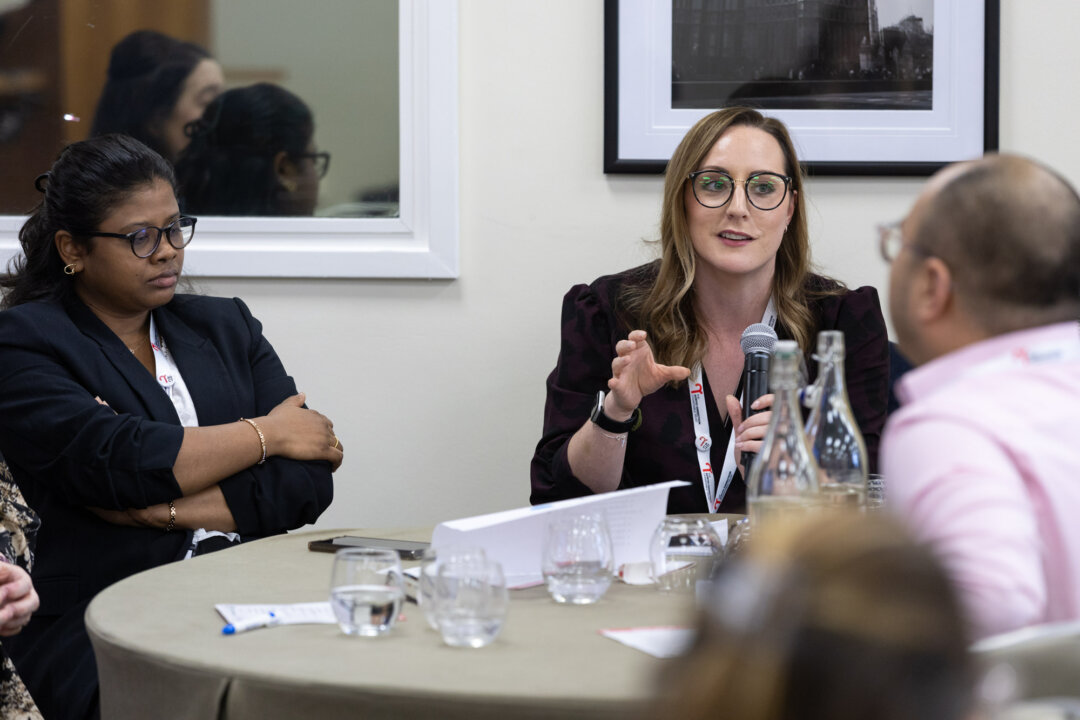Speaking Up and Sharing Your View
Your voice matters in shaping aortic dissection research. As part of Patient and Public Involvement (PPI), speaking up is a key way to ensure research reflects the real experiences, priorities, and needs of patients, families, and carers. However, advocating for yourself and others in a research setting can feel daunting – especially if you’re unsure whether your perspective is valued. Here, we explore why speaking up is important, common barriers people face, and how you can gain confidence in sharing your views.
Why Speaking Up Matters
When patients and carers actively contribute to research, their insights help shape study priorities, improve study design, and ensure research focuses on meaningful outcomes. Speaking up ensures:
✔ Research is relevant to those affected by aortic dissection.
✔ The concerns and priorities of patients and carers are heard.
✔ Study designs are practical, ethical, and patient-friendly.
✔ Researchers consider real-world experiences when analysing results.
By expressing your thoughts, concerns, or ideas, you contribute to making research more effective and impactful.
Overcoming Barriers to Speaking Up
Many people hesitate to share their views, especially in formal research discussions. Some common concerns include:
Fear of not being “expert” enough – You don’t need medical knowledge to contribute; your lived experience provides valuable insights that researchers do not have.
Worry about asking a “stupid” question – There are no bad questions. If something is unclear to you, it may be unclear to others too. Asking questions improves understanding for everyone.
Concerns about challenging authority – Researchers value constructive feedback. Your input helps ensure research remains focused on patient needs.
Discomfort with public speaking – Sharing your thoughts doesn’t have to mean speaking in front of a group. You can contribute via written feedback, surveys, or one-on-one discussions.
Recognising these barriers is the first step toward overcoming them. Everyone in a PPI role has something valuable to contribute, and researchers genuinely want to hear your views.
Building Confidence in Speaking Up
If you’re new to research involvement, here are some practical ways to become more comfortable expressing your views:
✔ Start small – Ask questions, offer comments in smaller discussions, or submit feedback in writing. Over time, confidence grows.
✔ Prepare ahead of time – Review documents before meetings and jot down any points or questions you’d like to raise.
✔Use a simple opening phrase – If you’re unsure how to start, try phrases like:
- “I’d like to share a patient’s perspective on this…”
- “From my experience, I think it’s important to consider…”
- “Can you clarify how this will impact patients and families?”
✔ Remember the value of your perspective – You bring real-world experience that no one else in the room can provide.

When to Speak Up in Research Discussions
There are key moments when speaking up can have a significant impact:
✔ When research priorities don’t reflect patient concerns – If something important to patients is missing from the discussion, raise it.
✔ If study designs create unnecessary barriers for patients – If a study is too burdensome or excludes certain groups, sharing your perspective can lead to adjustments.
✔ When language or information is unclear – If you struggle to understand research documents, others likely will too. Your feedback can help ensure materials are accessible.
✔ If patient well-being or safety is a concern – Raising concerns about ethical issues or patient burden ensures research remains patient-centred.
Reflecting on Your Contribution
After speaking up, take time to reflect:
- How did it feel to express your view?
- Did your input lead to changes or discussions?
- What could you do differently next time to feel more confident?
Speaking up in research is a skill that develops over time. Each contribution you make helps to improve aortic dissection research, ensuring it is truly designed with patients in mind.
Your voice is powerful. Use it to shape the future of aortic dissection research.